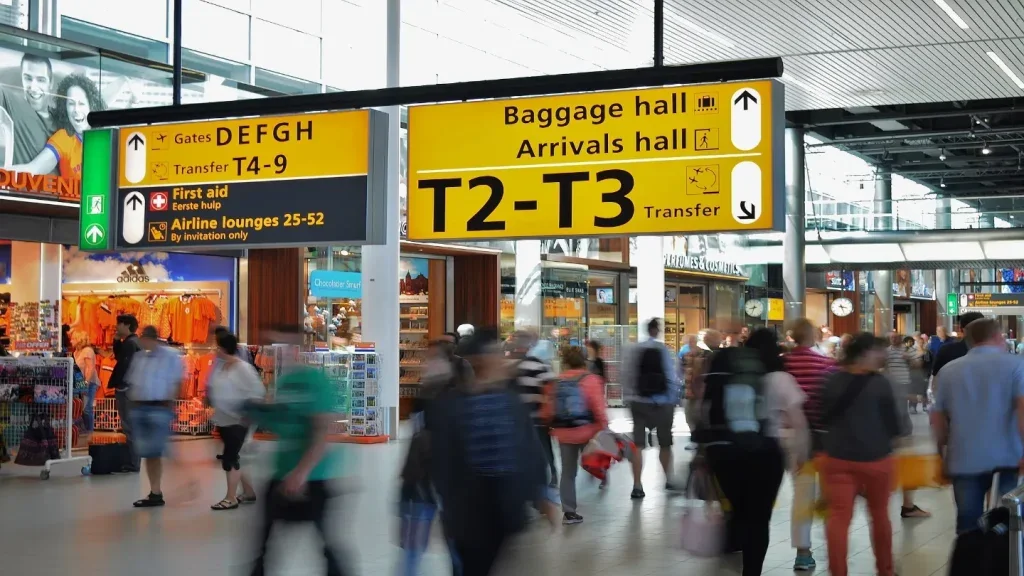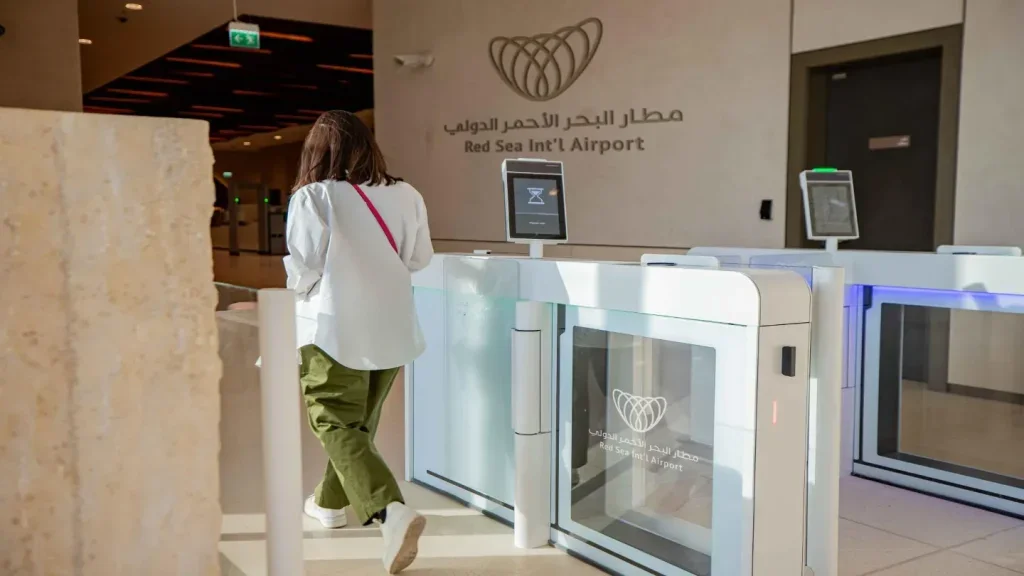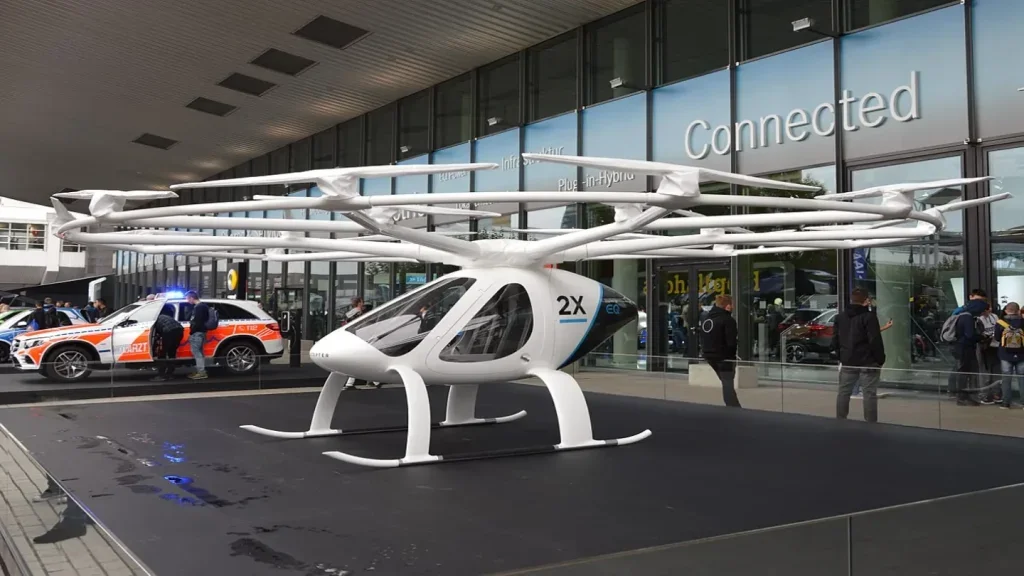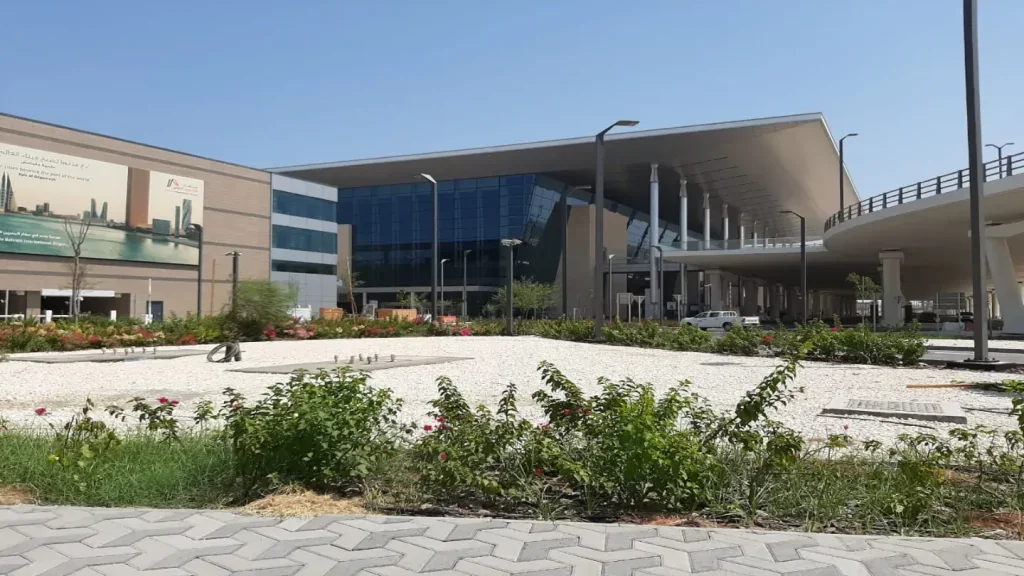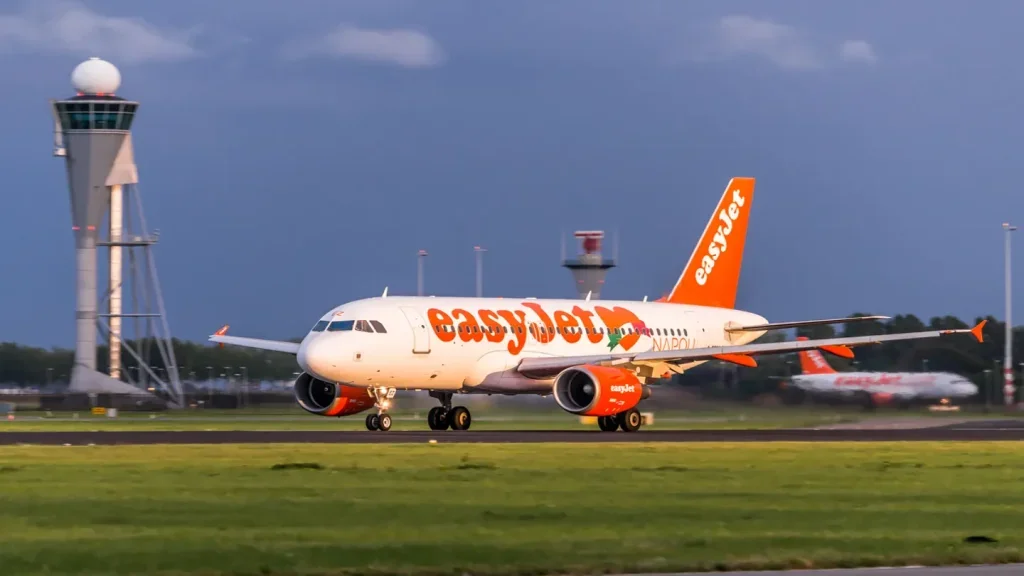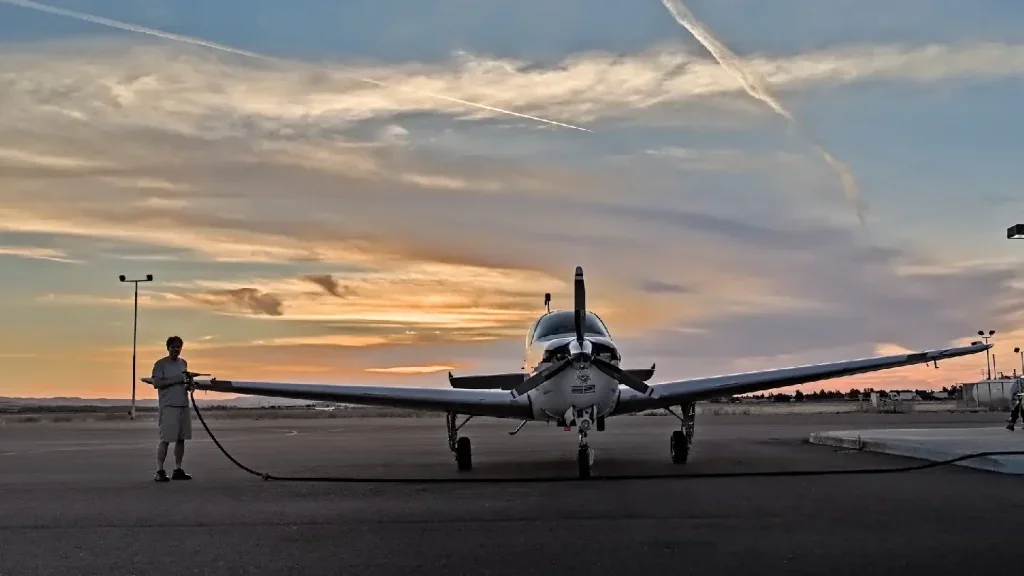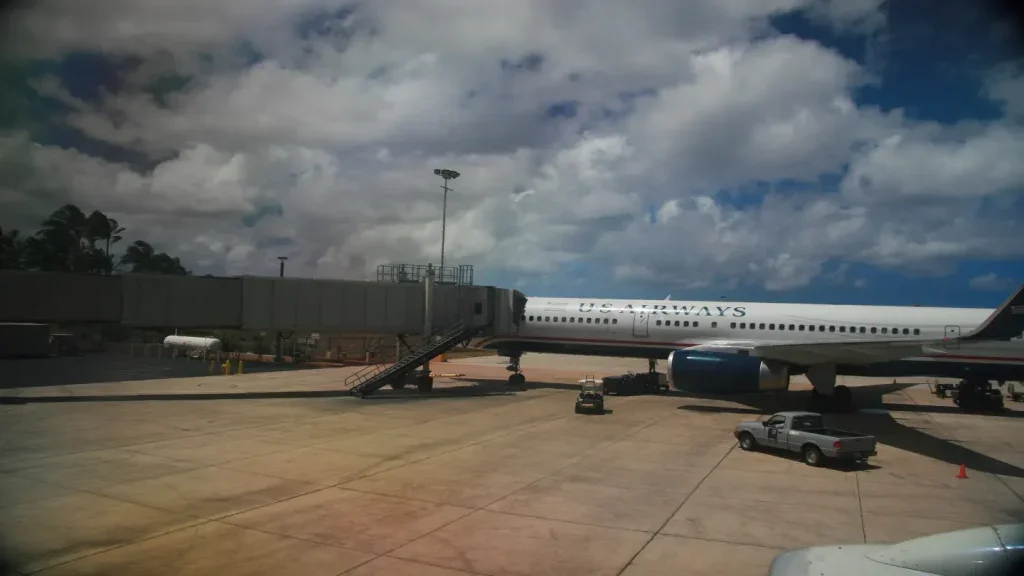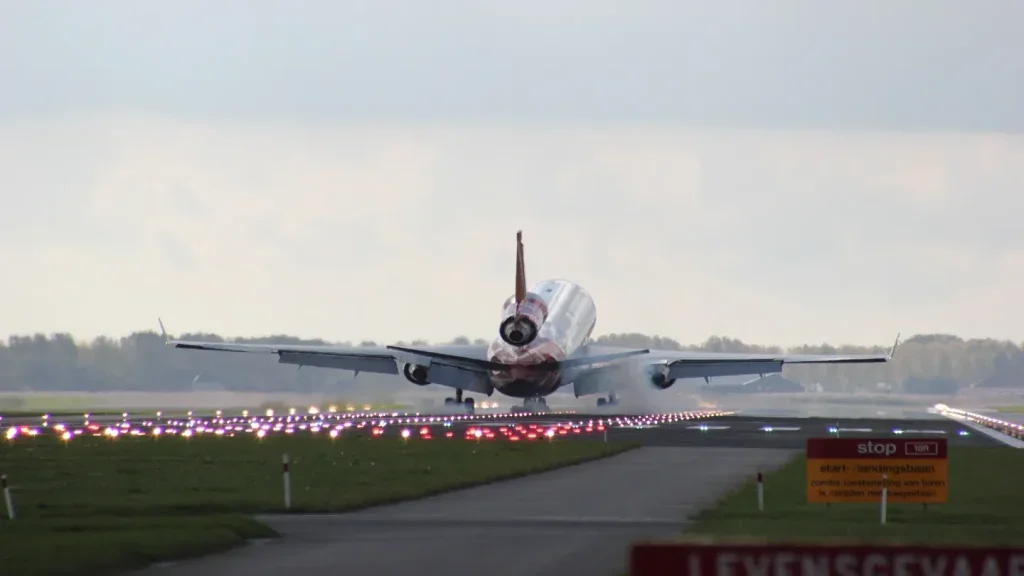All articles by
Bottleneck modelling; an essential step towards security process change.
A security checkpoint may seem, by now, as a common process for those who fly every now and then. However, thinking about the setup; there aren’t that many line processes through which we as people move, including the amount of technical components.
Going green on the Red Sea
Set to be completed in 2023, the Red Sea International Airport will serve as the gateway to one of the world’s most unique resorts, bringing the experience of a private aircraft terminal to every traveller. Elly Earls speaks with Gerard Evenden, head of studio at Foster + Partners, and Nicholas Cole, CEO of daa International, about the vision behind this ambitious project.
First port of call
With their vast footprint and plethora of towers, airports have remained largely unchanged for decades. But with the rise of electric vertical take-off and landing aircraft (eVTOLs), traditional aviation infrastructure is changing fast. Andrea Valentino talks to Ankit Dass, CTO at Skyports, as well as to German company Volocopter, to understand how new technology is boosting the popularity of eVTOLs, and what this means for both passengers and freight.
The key to the kingdom
In 2021, Bahrain International Airport opened a new, state-of-the-art terminal to the tune of $1.1bn. Four times the size of the legacy terminal, the upgrade enhances airport efficiency and security while providing a more streamlined experience for passengers. Elly Earls speaks with Mohamed Yousif Al Binfalah, CEO of Bahrain Airport Company (BAC), and board member on the ACI World Governing Board, about the benefits that automation, digitalisation and contactless solutions can offer.
The cost of recovery
With ‘use it or lose it’ rules reimplemented across the world, it is budget airlines that are seizing the moment, cutting seat costs and opening new routes in order to encourage passenger uptake. Abi Millar speaks to George Ferguson, senior aerospace and airline analyst at Bloomberg Intelligence; Sophie Dekkers, chief commercial officer at easyJet; and Birgir Jónsson, CEO of PLAY, about why budget airlines are recovering faster than their competitors and what this means for the industry as a whole.
As free as the air
In December 2021, NATS implemented the biggest ever geographical airspace change in the UK, removing long-established air routes over Scotland and freeing aircraft to choose their most direct flight path. Free route airspace has been in development for over five years, and will help to reduce cost, fuel burn, flight time and CO2 emissions. Nicholas Kenny talks to Lee Boulton, head of airspace development at NATS, about what this change will mean for air traffic operations and what work was involved in making FRA a reality in the UK.
A greener way of flying
From international summits to pledges by individual companies, the fight against climate change is impossible to avoid. This is increasingly true when it comes to aviation, with so-called ‘sustainable aviation fuels’ (SAFs) coming under increased scrutiny over cost issues and questions around their genuine environmental impact. Andrea Valentino talks to Stefan Häberlein at Munich Airport, and Andrew Murphy at Transport and Environment, to learn more.
Haunted skies
As debate rages over airlines running so-called ‘ghost flights’ in order to keep their flight slots at airports, many in the industry have pushed for the pre-Covid ‘use it or lose it’ rules to be reestablished in full in order to promote healthy competition and encourage passenger uptake. Nicholas Kenny examines the arguments on both sides of debate, and what governments and regulators are doing to solve the underlying issues to this problem.
Raising the bar on gate economy
ITW GSE introduces groundbreaking PCA with state-of-the-art and innovative technology that gives airports the opportunity to not only optimize the airflow, but also reduce infrastructure costs. With the added features of low energy consumption, the new ITW GSE 3500 PCA is certainly a game changer in the GSE industry.
TCR is re-enforcing its GSE (Ground Support Equipment) Repair & Maintenance workshop capacity in North America
TCR is spreading its wings in North America, more particularly by increasing its GSE Repair & Maintenance workshop presence across the continent. TCR North America has set up shop in Chicago O’Hare (ORD) since May and has added workshop capacity in the Canadian ports of Calgary and Vancouver. Moreover, TCR has expanded its refurbishment capacity in Canada through the takeover of DCL Aviation Canada.

